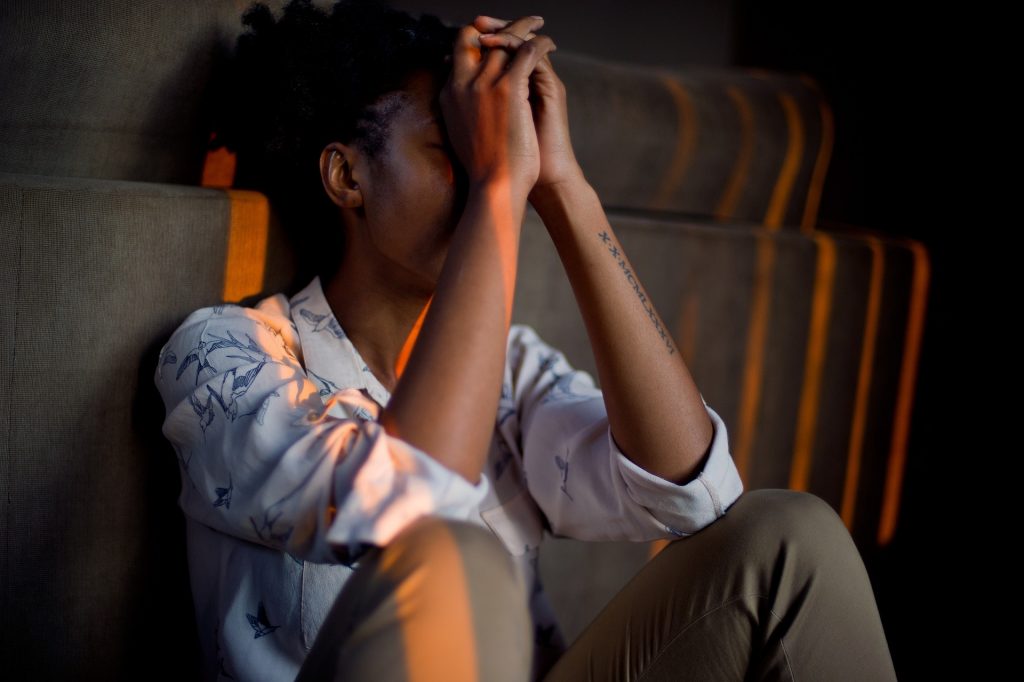Good mental health and well being is important for everyone, young and old.
Mental health difficulties affect one in four of the population at any one time, and can change the way we think, feel or act, leading to individual distress. Mental ill health is the largest form of disability in the UK and costs over £22.5 billion per year.
Anxiety and depression are the most common mental health issues in Britain. Early identification of anxiety is crucial, as it can often spiral if left unchecked, leading to panic attacks, phobias or compulsive behaviours. Counselling therapy helps the individual to examine their fears, rationalise situations, feel happier and gain the ability to control their own future.
Depressive symptoms include a lack of motivation and unexplained sadness and emotion, which can sometimes escalate to include self-harm and suicidal ideation. Early intervention is vital so that people have the opportunity to explore their difficulties and prevent more acute, long term negative behaviours from occurring.
So What Is Mental Health?
We all have mental health and it’s just as important as physical health to our overall wellbeing. Some people think of good mental health in terms of being happy, but maybe it’s more useful to think of it in terms of how we are affected if our mental health is not good.
When people have poor mental health they can suffer from a variety of issues and concerns and some of these can be extremely debilitating. The most common forms of mental health issue are depression and anxiety.
Depression
This is when we have a very low mood. It may mean that we lose interest in things we used to enjoy and it can impact on our appetite for food and our ability to sleep or take good care of ourselves. People struggling with depression can become withdrawn and lose motivation in their studies or work and they may have difficulty in social situations, preferring to be alone rather than joining in with family and friends.
Sometimes the reasons behind depression are clear – it may be the result of bullying, bereavement, problems in the family or with money for example. At other times it may be more difficult to work out why we feel this way. Sometimes we can feel this low for just a day or two and recover, but other times we can be depressed for much longer and this can impact considerably on our lives and the lives of those around us.
Anxiety
Just as with depression, there are many causes of anxiety and they aren’t always obvious. When we become anxious we can get physical symptoms – sweaty palms, heart racing, feeling sick – and these are all because of the adrenaline that anxiety causes in our bodies. We can be anxious about meeting new people or even being with people at all. We can be anxious about things that have happened in the past or things that may never happen. If this anxiety isn’t dealt with in a positive way it can become a real obstacle to enjoying our lives, can result in panic attacks and a fear of leaving places where we feel comfortable.
Anxiety and depression can often go hand in hand as one can result from the other. It’s important to get help to work through these problems and restore good mental health as soon as we can, but it’s just as important to have strategies of how to better take care of ourselves, and know what to do when we feel this way.
Remember, mental and physical health are just as important as each other and are very closely related. Taking care of one really helps with the other.
How can I look after myself?
You may have heard of ‘The Five Ways to Wellbeing’ and they are an excellent way of looking after our mental and physical health.
FIND OUT MORE HEREWhat to do if I need help?
There are some really good websites that can give you ideas and strategies
TAKE A LOOK



